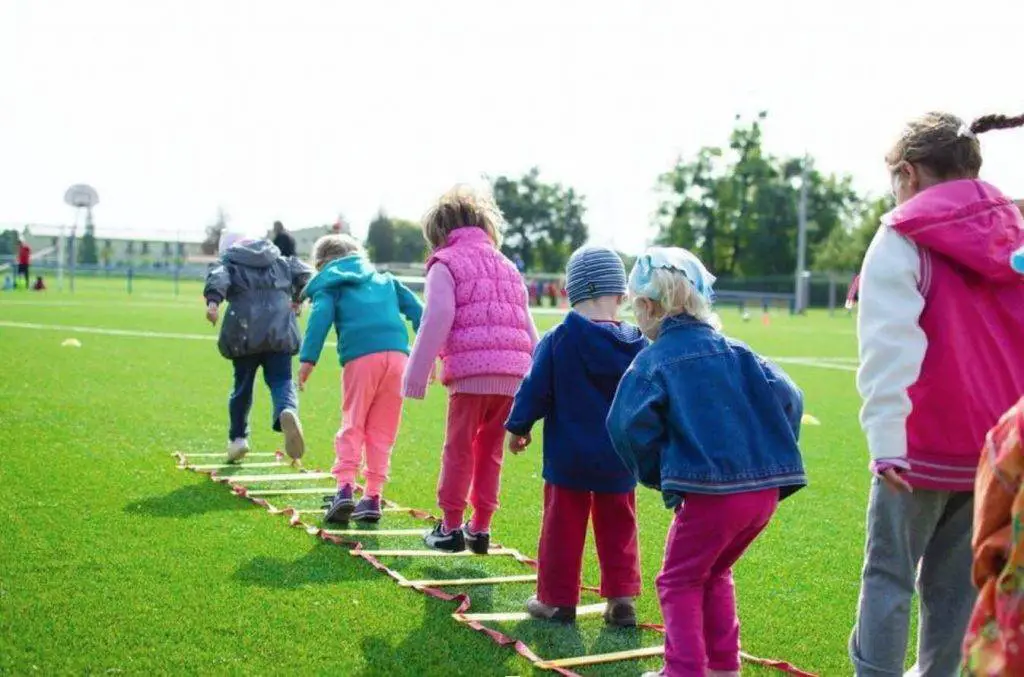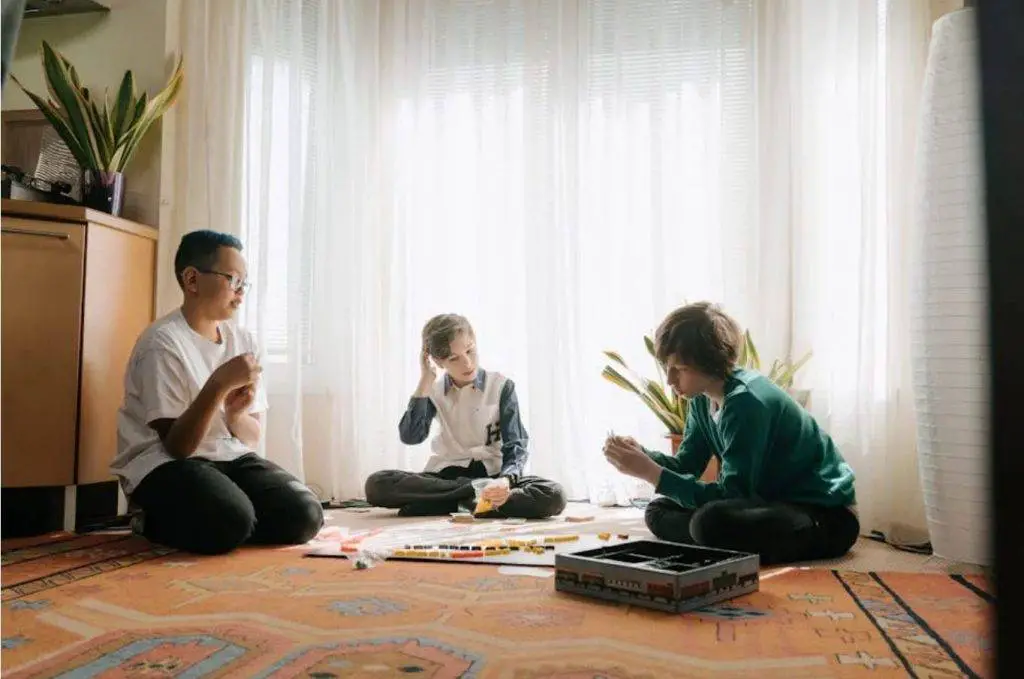Group activities have long been considered essential to a child’s education. These activities involve children working together in a group setting to achieve a common goal, from completing a project or task to participating in sports or other recreational activities. While some may see group activities as simply a way for children to socialize and have fun, there are multiple benefits that these activities offer for their education as well. In this post, we will explore how group activities can positively impact a child’s education.

Promotes Diversity and Inclusion
Promoting diversity and inclusion in group activities is essential for broadening children’s perspectives and fostering empathy. In diverse teams, children encounter various ideas, experiences, and cultural backgrounds, enriching their learning and encouraging acceptance. These activities teach children the importance of inclusivity, demonstrating that diverse inputs lead to innovative solutions and better collaboration. Educators and group leaders often use a random team generator to create dynamic groups that encourage interactions among varied individuals to ensure a balanced mix of participants. This approach helps prevent cliques, ensuring every child has a chance to contribute and learn from peers who might otherwise be outside their usual social circle. Such experiences equip children to thrive in diverse environments, preparing them for multicultural communities and global workplaces.
Encourages Collaboration and Communication
Collaboration and communication are fundamental skills that children develop through engaging in group activities. When working together, children learn to express their ideas clearly, listen to others, and build on shared concepts. This process enhances their ability to work within a team and fosters important interpersonal skills. By tackling projects collectively, children discover how to negotiate roles, manage conflicts, and make collective decisions, all of which are invaluable experiences that prepare them for future academic and professional settings. Moreover, these activities create a supportive environment where children feel encouraged to contribute actively and confidently, reinforcing the importance of diverse perspectives and teamwork.
Fosters Problem-Solving Skills
Engaging in group activities can significantly enhance a child’s problem-solving skills. When faced with challenges, children must collaborate to analyze the situation, brainstorm possible solutions, and evaluate their effectiveness. This process involves critical thinking as they weigh different approaches and consider potential outcomes. In a supportive group setting, children learn to view problems from multiple perspectives, appreciate diverse opinions, and integrate various inputs to arrive at consensus-driven solutions. These activities teach adaptability and resilience as children learn that trial and error is a natural part of discovering effective resolutions.
Enhances Social Skills
Group activities provide an excellent platform for enhancing children’s social skills, crucial for successful interactions in various aspects of life. Within group settings, children learn to navigate social dynamics understanding the importance of empathy, cooperation, and respect for others. Active participation in such activities helps children become more aware of verbal and non-verbal cues, improving their ability to communicate effectively and develop rapport with peers. Through shared experiences, children build friendships and gain a sense of belonging, which nurtures their emotional well-being. Furthermore, these activities teach children to appreciate diversity as they interact with peers from different backgrounds, encouraging an open-minded approach to new ideas and cultural differences.

Builds Confidence and Self-Esteem
Participating in group activities can significantly impact a child’s self-esteem and confidence. As children engage in these activities, they are encouraged to express their opinions, share their expertise, and contribute to the team’s success. This process allows children to take on leadership roles or showcase their unique strengths, which can boost confidence levels. Collaboration also provides opportunities for constructive feedback, where children learn to receive and provide criticism positively. By recognizing contributions and celebrating successes within a group setting, children develop a strong sense of accomplishment that reinforces their belief in themselves as capable individuals.
Encourages Healthy Competition
Group activities often involve a level of competition, which can be a healthy and exciting learning experience for children. Competing within the group teaches children to strive for excellence, set goals, and work hard to achieve them. They also learn to cope with failure gracefully and use it as motivation to improve. These experiences teach children resilience, perseverance, and determination – valuable qualities in academic and personal growth.
Provides a Fun Learning Experience
At its core, group activities are meant to be fun and engaging for children. These activities offer a break from traditional learning methods and allow children to learn through experience while having fun with their peers. By participating in enjoyable tasks, children are more likely to retain information and develop a positive attitude towards learning. This approach can make challenging subjects more accessible, as they are presented in an interactive, hands-on way.
Group activities are crucial for a child’s development, providing an environment conducive to learning. By engaging with peers, children gain experiences beyond the classroom. The dynamic nature of group activities exposes them to new challenges and perspectives, fostering curiosity and enthusiasm for learning. Integrating these activities into education prepares children to excel academically and thrive in diverse, cooperative future environments.










